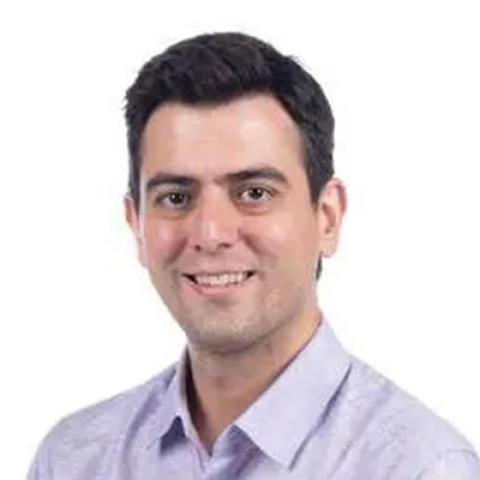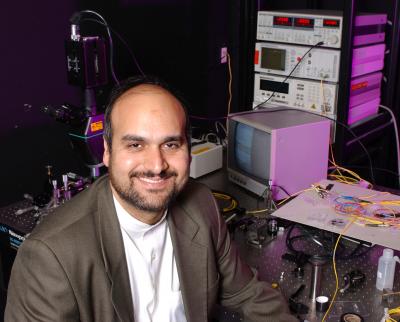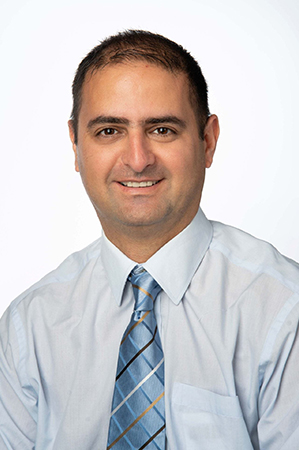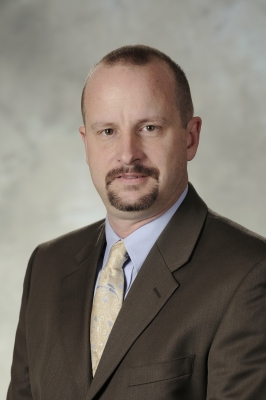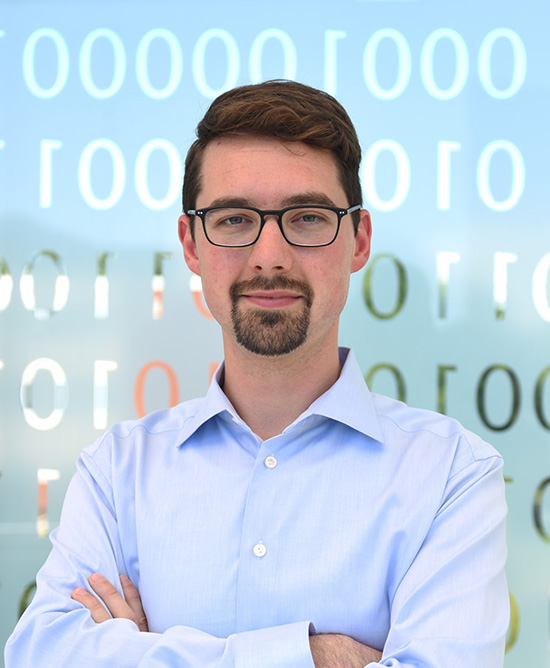Baoyun Ge
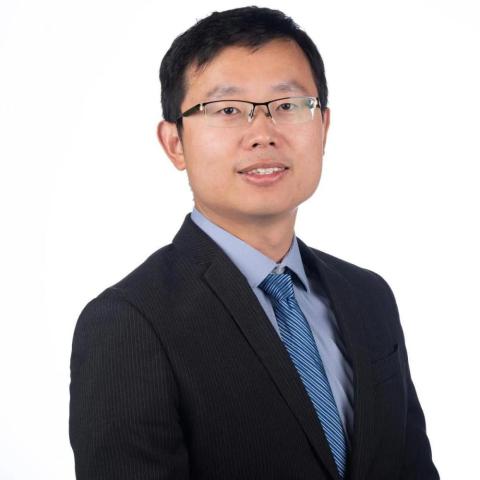
Dr. Baoyun Ge received his B.E. degree in Electrical Engineering from Southeast University, Nanjing, China, in 2012 and his Ph.D. degree in Electrical and Computer Engineering from the University of Wisconsin-Madison in 2018. He then worked at C-Motive Technologies, Inc., a start-up company pioneering in the commercialization of electrostatic machines. From May 2022 to July 2024, Dr. Ge was with the University of Florida as an assistant professor before joining the Georgia Institute of Technology.
Dr. Ge's previous research thrusts on electrostatic machines established multi-level connections (physics, circuits, and topologies) with magnetostatic machines. He has extensive experience in analytical modeling and high-performance computational models. These experiences and the duality between electrostatic and magnetostatic machines inspired Dr. Ge to work on multiphysics synthesis, which is about overcoming the limitations of conventional intuition-based multiphysics design by leveraging advanced mathematical tools.
Baoyun enjoys spending time with his wife and daughter.
Electric motors and generators; power electronics; controls; multiphysics synthesis; multiphysics education

